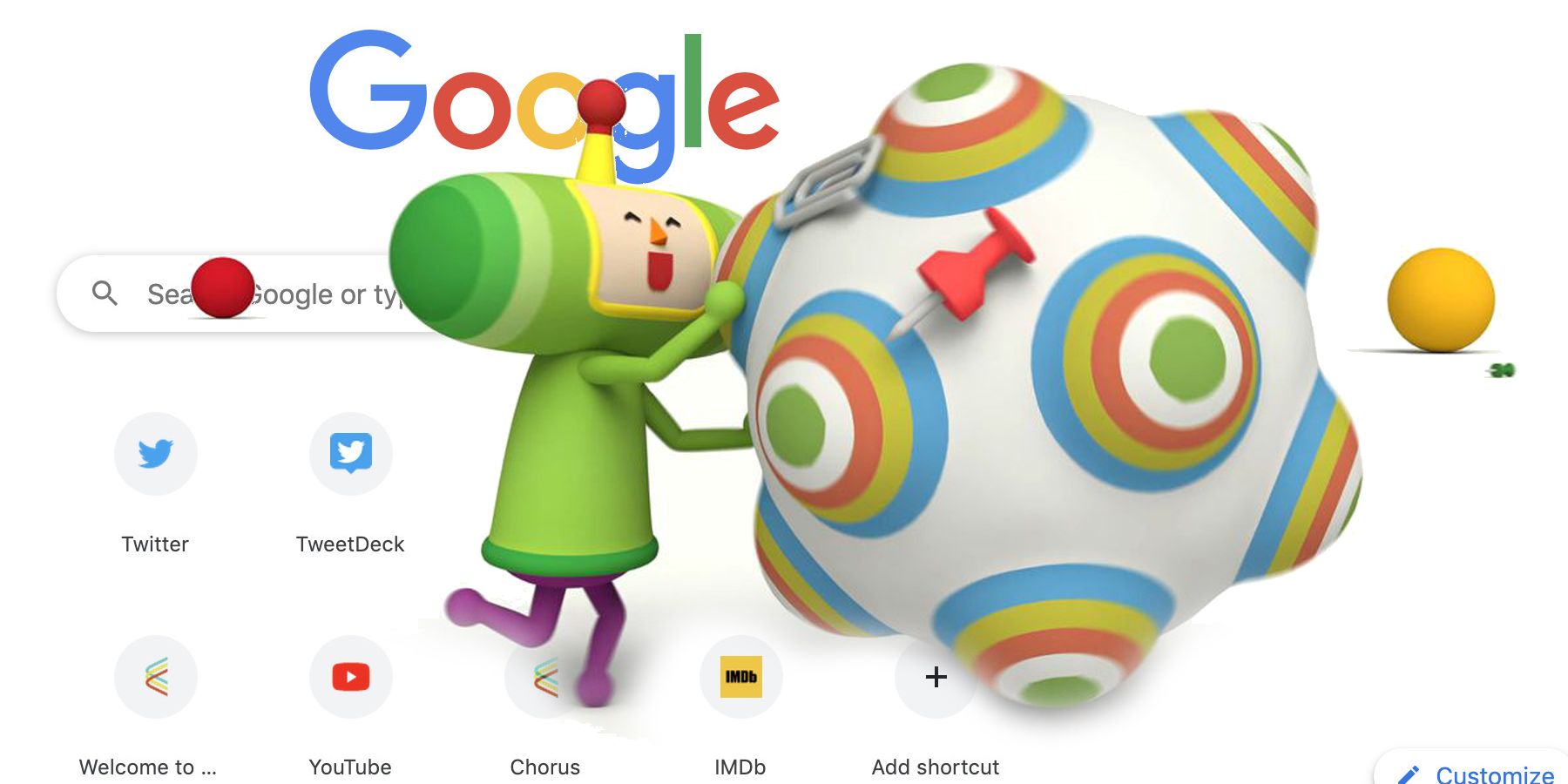
The Evolution of Web Caching: Google's Shift and the Rise of Internet Archive's Wayback Machine

Exploring the transition as Google discontinues cached links and Internet Archive's Wayback Machine steps in as a replacement, reshaping how users access archived webpages.
The End of an Era: Google Retires Cached Links
In a significant move, Google has bid farewell to the long-standing 'cached' link feature, a tool that provided users with access to archived versions of webpages. This feature, once a fundamental component of Google Search, served as a valuable resource for individuals seeking historical or altered web content.
The decision to retire the cached links was announced by Google Search Liaison Danny Sullivan, who highlighted the evolution of web technology as a driving factor. Sullivan emphasized the advancements in page loading reliability, rendering the cached links less essential in the current digital landscape.
While discussions of a potential collaboration between Google and the Internet Archive's Wayback Machine have surfaced, the details remain uncertain. Google's 'About This Result' feature may incorporate historical webpage versions from the Wayback Machine, underscoring the ongoing evolution of online information access.
Implications of Data Storage Optimization
The retirement of cached links signifies a strategic shift in Google's approach to data storage and accessibility. Previously, the cached links functioned as a repository of internet content, offering users a glimpse into the web's past through archived backups.
With a renewed focus on cost efficiency, Google's decision to eliminate the cache data repository reflects a broader trend towards resource optimization. By relinquishing the cached link feature, Google aims to streamline computing resources and enhance operational efficiency.
The gradual disappearance of cached links from Google Search results underscores the platform's commitment to evolving its data management practices. As the digital landscape continues to evolve, the role of data storage optimization in shaping online experiences becomes increasingly prominent.
Empowering Users: Navigating Web Archives Beyond Google
In the wake of Google's shift away from cached links, the Internet Archive's Wayback Machine emerges as a pivotal resource for archiving web content. Empowering users with tools to access historical webpage versions, the Wayback Machine offers a seamless alternative to Google's retired feature.
Browser extensions like the Official Wayback Machine Extension further enhance the archival experience, enabling users to explore archived website copies effortlessly. From preserving webpages to sharing archived links on social media platforms, the Wayback Machine Extension caters to diverse user needs.
For users seeking to access cached pages post-Google's transition, alternative methods like utilizing 'cache:' followed by a URL in Google Search or creating personalized cache links through designated URLs provide avenues to retrieve historical webpage versions. This user-centric approach underscores the adaptability and resourcefulness of online archiving practices.











